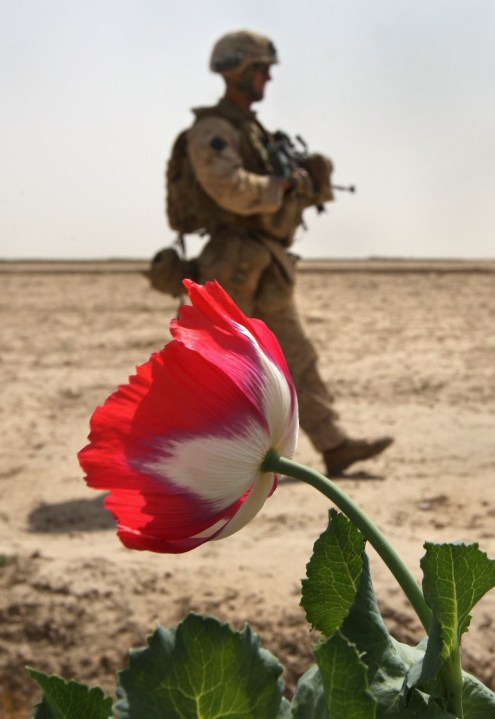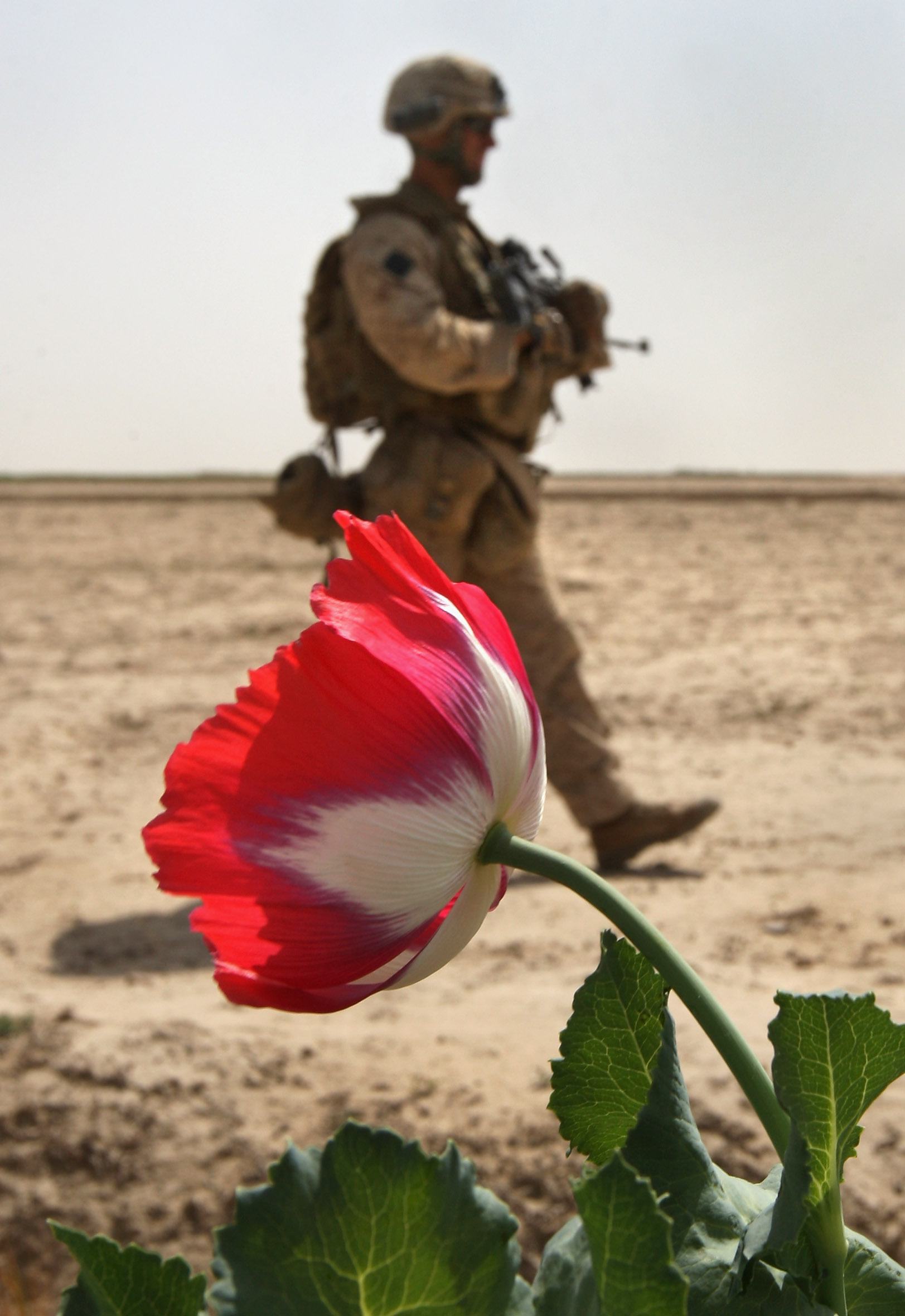 Kabul
Kabul
It took two hours of briefing by a senior NATO commander in Kabul before the issue of drugs came up. And it only came up when I asked. The US officer immediately began talking about the links between the insurgency and the drugs trade. NATO estimates that between 150 and 400 million US dollars is funnelled through the drug trade annually and, since last year, soldiers can target drug-offenders with proven links to the insurgency.
But, despite this, the NATO alliance is deeply divided about the drugs issue. The British want to tackle it head on with other European allies being more sceptical that military action can alter half of the country’s economy. Now Richard Holbrooke has added his voice to those of the sceptics, saying he thinks US counter-narcotics policy has been a waste of resources. Last year eradication only destroyed 5,000 hectares out of some 190,000 hectares of poppy – at a cost of around $20,000 per hectares.
Hard as it is to admit, there may be no real solution to the drug problem, besides a long-term development effort. Thailand, after all, took 15 years and an economic miracle to tackle its drug problem which now seems to be coming back. Colombia’s counter-narcotics policy may have throttled coca production, but cultivation has simply moved elsewhere, like Mexico.
The best that the new Obama administration can do is to prioritize the provision of security to local farmers, especially on the main roads to markets and between villages. If farmers cannot get their goods to market, there is no chance they will switch to alternative crops.
Development policy should, in turn, improve access for poor and landless farmers to markets, land, water, credit and employment. Given more transit security and the kind of services that traffickers provide opium farmers — credit, transport, seed delivery and crop purchase at the farm-gate — there is a chance that farmers might, in the long term, move away from opium.
Before getting too excited about the links between the insurgency and the drug economy — which do exist — it is worth remembering that the various insurgency groups have successfully funded themselves for years, through smuggling, support from Pakistan and charitable collection, including in Britain.







Comments